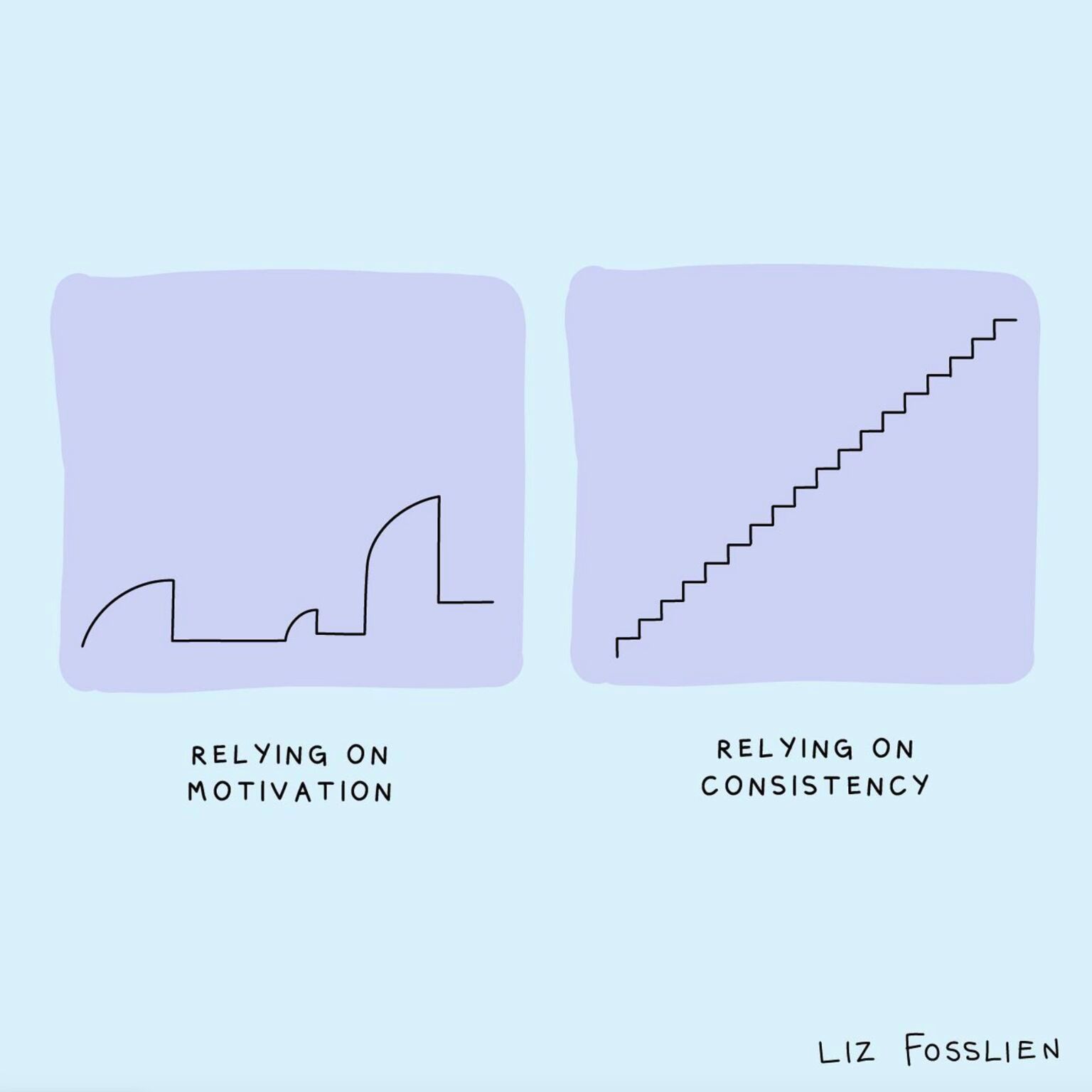This weekend, I spent almost 12 hours drawing; but probably not on the things I was supposed to. See, I’m supposed to be working on two books – both in their very early stages – but I never spent a single moment on them. Instead, I played. I played with ink, with watercolour, with my printer and how I might use it in my practice. There was a huge learning curve, I produced loads of work and, by the end of it, I was tired; but no one paid me for that. I was supposed to be doing the other thing. So, was this an act of procrastination or was it genuinely productive? One part of me feels like I got ‘sidetracked’, the other part of me felt like it was a huge leap forward on a bigger path.
I don’t always feel like I did over the weekend. For some reason, there was an urge to explore, play, and learn. New materials, new techniques, a new challenge. It’s not that the work I’ve got scheduled isn’t challenging or new, it’s just… it doesn’t involve the lateral thinking I could feel firing up in my brain.

What comes to mind is the Liz Fosslien illustration of consistency versus motivation. I reflect on this a lot because, well, sometimes I feel like I’m more in the motivation camp rather than the consistency one. If I was to draw last weekend’s activities, it’d look much more like the sudden burst of energy in the motivation curve, not the consistency one.
The problem, of course, is that whilst I know that last weekend’s activities didn’t directly contribute to the things I’m working on now, they’re part of a bigger story. One where I’m improving my visual communication skills. One where I’m learning about where to go next. One where I’m using my lateral and divergent thinking skills instead of my convergent ones that are often required for live book work. It genuinely felt productive, not like procrastination.
Pigeon holes, definitions, and frameworks can be useful reminders but they can also be detrimental. They can make us second guess ourselves and our intentions toward our work. The can make us feel like we’re procrastinating instead of being productive.
What seems most important is to be clear on the story we’re telling ourselves – what’s the work for, and who will benefit in what way? Once we’ve got that down, even procrastination can be productive sometimes, too.
